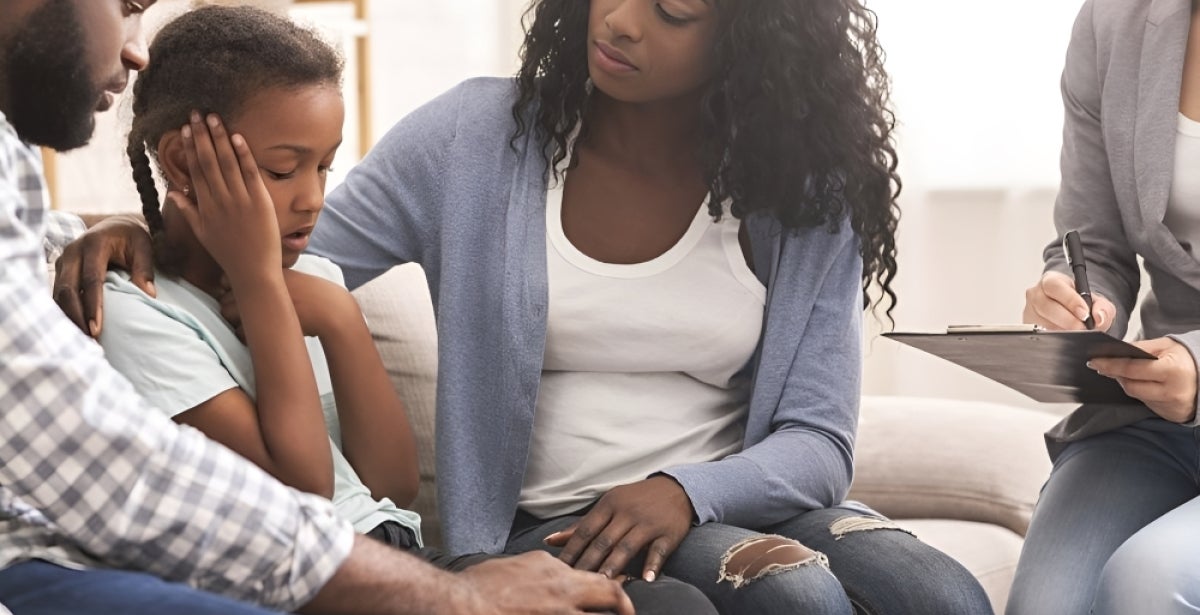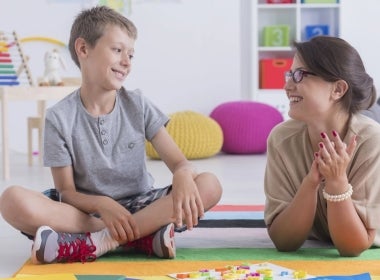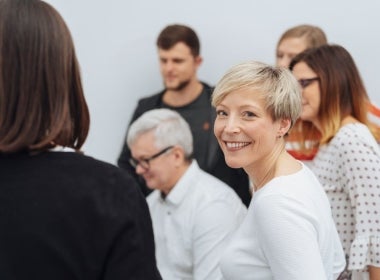
How lived experience leadership is transforming mental health
What if a key component of transforming mental health care lies in the lived experiences of those who have walked the path themselves?
Lived experience workers draw on their life-changing experiences to build relationships and offer hope. These experiences may include emotional or mental distress, service use and recovery, or the impact of walking beside someone through these experiences.
This type of leadership is emerging as a transformative force within the mental health sector, reshaping how services are designed and delivered. In Australia, lived experience leadership is gaining increasing recognition as a critical part of quality mental health services and has recently gained peak body representation.
But what does lived experience leadership look like in practice, and what pathway does it take to get there?
To learn more, we sat down with Rafi Armanto, a peer worker and Orygen's Head of Lived Experience, and Sue Williams-Johnston, Orygen's Family Peer Work Lead.
Reclaiming purpose through peer work
For Rafi Armanto, mental ill-health first surfaced during high school, disrupting his sense of purpose and connection to his community. A once-active participant in local initiatives—selling food at market stalls and coaching soccer—Rafi found himself unable to continue, a loss that profoundly affected his recovery journey.

A pivotal moment came when his clinician introduced him to headspace’s Youth Advocacy Group (YAG). This program reconnected Rafi with his community, fostering opportunities to advocate for youth and participate in mental health awareness initiatives. It was here that he first encountered peer work, thanks to a friend who encouraged him to explore this emerging field.
"At the time, youth mental health peer work was relatively new," Rafi recalls. "I could only find a few resources about it, but the idea of using my experiences to support others resonated deeply."
Rafi’s first role as a peer worker with Orygen involved supporting young people through the MOST program, where he provided guidance rooted in shared experiences. Over time, he transitioned into leadership roles, developing peer work programs and mentoring others.
Today, as Orygen’s inaugural Head of Lived Experience, Rafi reflects on how his own journey parallels the sector's growth.
“In finding my purpose, I’ve also been able to help others discover theirs,” he says. His leadership has contributed to significant milestones, including developing the Certificate IV in Mental Health Peer Work that Orygen delivers, and initiatives aimed at expanding the workforce.
Transforming Family Support
For Sue Williams-Johnston, the path to peer work began in a moment of crisis. Six years ago, when her young adult child experienced severe mental ill-health, Sue and her family found themselves lost in an unfamiliar system.

“I didn’t know anything about mental health or how to get help,” Sue says. “When I was offered the chance to speak to a Family Peer Worker, everything changed. Their support and lived experience taught me how to best support my child.”
This transformative encounter ultimately led Sue to pivot from her academic career to focus on a leadership role in family peer work.
Today, as Family Peer Work Lead at Orygen, she is part of efforts to elevate the discipline. Sue is contributing to the development of the State Discipline Framework, which aims to formalize the role of family peer workers and promote advanced qualifications in the field.
“Families, carers and supporters are vital to recovery,” Sue emphasizes. “As awareness grows, so does the demand for trained peer workers who can bridge the gap between clinical care and personal experience.”
A Growing Sector
Both Rafi and Sue’s stories reflect broader trends in the mental health sector. Over the past decade, lived experience roles have expanded significantly. Programs like Orygen’s initiatives have shown the potential of lived experience to improve outcomes for young people and families.
For both Rafi and Sue, the ultimate reward lies in the growth and success of those they mentor. “Seeing my team members step into leadership roles across the sector has been my proudest moment,” says Rafi.
Similarly, Sue is optimistic about the future of family peer work. “The progress we’ve made is just the beginning,” she says.
Together, their journeys illustrate how lived experience leadership is not only changing lives but also shaping the future of mental health care.
You can drive a positive impact with VU Online’s Master of Child and Adolescent Mental Health. Commonwealth Supported Placements (CSP) are available for new and eligible students for the Graduate Certificate in Child and Adolescent Mental Health. This qualification comprises the first four units of the master's degree. To learn more, call our team on 1300 682 051 or email futurestudy@online.vu.edu.au.
-
View previous article
 How to become a school counsellor in Australia19 November 2024
How to become a school counsellor in Australia19 November 2024 -
View next article
 What is global health?6 January 2025
What is global health?6 January 2025

